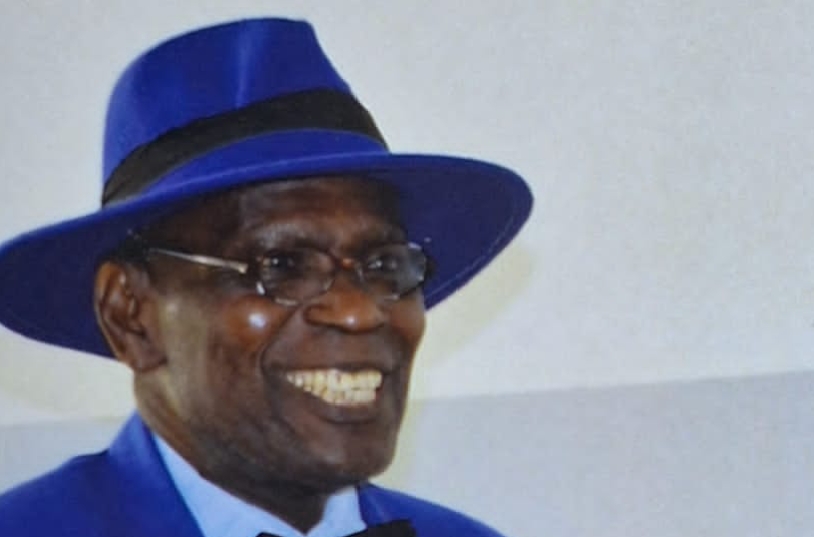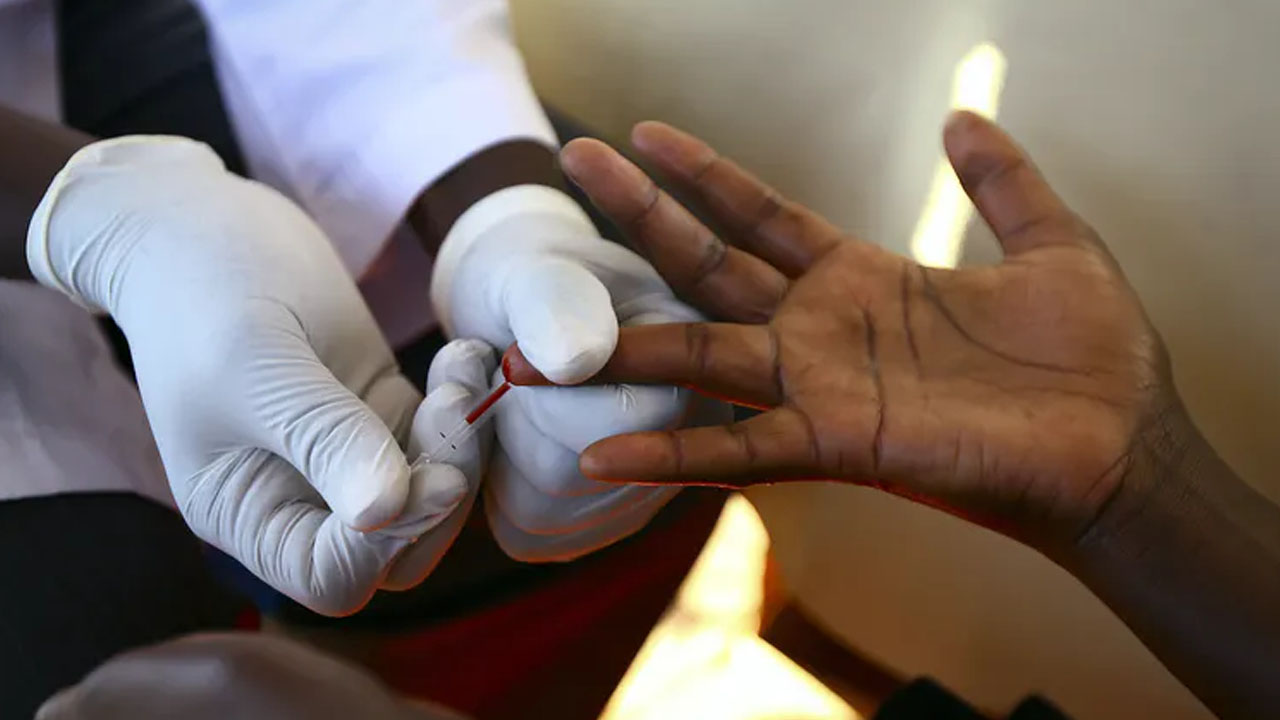
University of Ibadan (UI) Professor Oshiotse Andrew Okwilagwe has founded that it is possible to teach unborn children how to read.
The Prof who is the founder of Bookworms Empowerment Foundation( BEF) and member of National Reading Culture Redemption Initiative ( NRCRI) said that his discipline exposed him to observe how different student embrace reading culture and the findings led him to the research.
Hear him: “One phenomenon that has always fascinated me is the different approaches students take to learning. At the university level, I noticed that some students were diligent and committed to their studies, while others were more laid-back. Interestingly, it was often the latter group that performed better in exams.
“This observation led me to formulate a hypothesis: that the students who performed well despite their lackadaisical attitude had been taught effective learning strategies from a young age. Perhaps, I thought, their parents had instilled in them a love of learning that went beyond mere academic achievement.
“Recent research has confirmed my hypothesis, revealing that the journey to academic excellence begins in the womb. In many traditional African cultures, it is believed that the child is often in dialogue with their environment, even before birth.
“Research has shown that foetuses as young as 20 weeks can detect and respond to external stimuli, including the sound of their mother’s voice. This remarkable ability can be harnessed through prenatal reading, creating a lifelong bond between mother and child.
“The bond between a mother and her unborn child is a complex and fascinating one. In many African cultures, it is believed that the child in the womb is aware of their surroundings and can even communicate with their mother. For example, in some cultures, it is believed that a child who is destined for greatness will often “lift with joy” in their mother’s womb when they hear the sound of drums or music.
Four seminal books offer valuable insights into the importance of early education: “Echoes of Life: Dynamics and Mysteries of Mother and Foetus Interactions”, “Prenatal Reading”, “Postnatal Reading”, and “Preschool Reading”. These books provide practical guidance and inspiration for parents and caregivers who want to give their child the best possible start in life.
“The power of early education cannot be overstated. By starting the educational journey in the womb, parents and caregivers can give their child a lifelong gift – the gift of knowledge, curiosity, and a love for learning. As we embark on this incredible journey, let us remember that every child deserves the best possible start in life. Let us give them the gift of early education, and watch them thrive.
“Moreover, early education has a profound impact on a child’s emotional and social development. By reading to their child, parents can help them develop empathy, self-awareness, and self-regulation skills. These skills are essential for building strong relationships, achieving academic success, and navigating the challenges of life.
“Furthermore, early education can also have a positive impact on a child’s mental health and wellbeing. Research has shown that children who are read to regularly are more likely to develop a positive self-image, exhibit lower levels of stress and anxiety, and demonstrate better emotional regulation skills.
“In addition, early education can also help to bridge the gap between different socio-economic groups. By providing all children with access to high-quality early education, we can help to level the playing field and give every child an equal chance to succeed.
“The power of early education is a gift that keeps on giving. By starting the educational journey in the womb, parents and caregivers can give their child a lifelong gift – the gift of knowledge, curiosity, and a love for learning. Let us cherish and nurture this gift, and give every child the best possible start in life.”






